It's always a little unnerving when your car feels different after you've had it serviced. Maybe the steering wheel is harder to turn or the brakes feel more sensitive. What could be wrong? We've researched this question for you and have answers to share.
After getting an oil change, it's important to remember that there are some potential risks associated with this common maintenance task. Some problems you may encounter include:
- Wrong Type of Oil
- Oil Viscosity
- Wrong Installation of Oil Filter
- Overfilling and Underfilling of Oil
- Improper Seals and Break-in
- Oil Buildup
In this post, we'll explore some of the possible causes of these symptoms and what you can do about them. Keep reading to learn more!
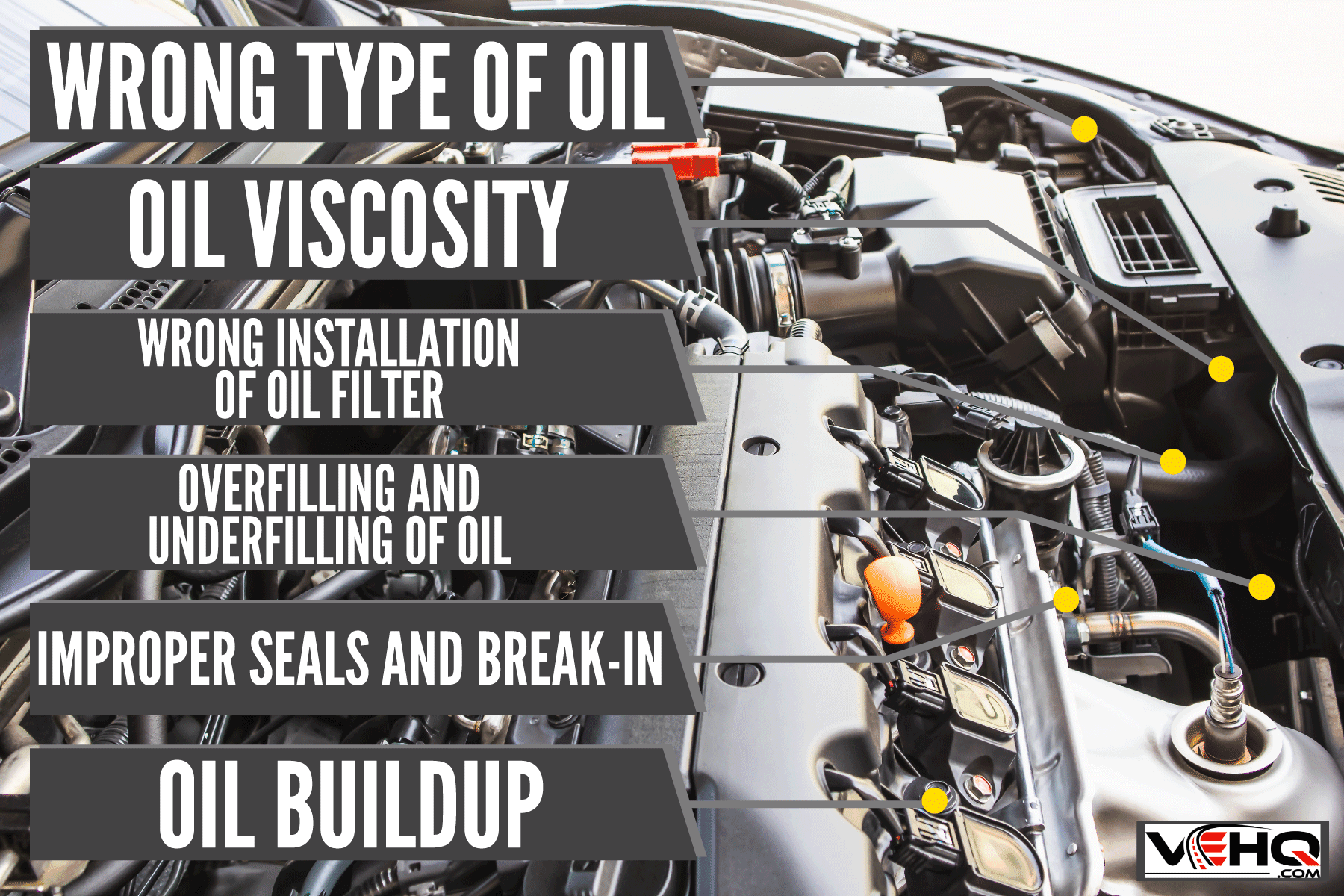
Can an Oil Change Mess up the Engine?
The answer to this question is yes. An oil change can definitely mess up your engine if not done correctly.
Oil itself can cause problems. Dirty oil can cause a build-up of carbon and other deposits on engine parts, leading to increased wear and tear. In addition, old oil breaks down and loses its lubricating properties, which can cause overheating and other damage.
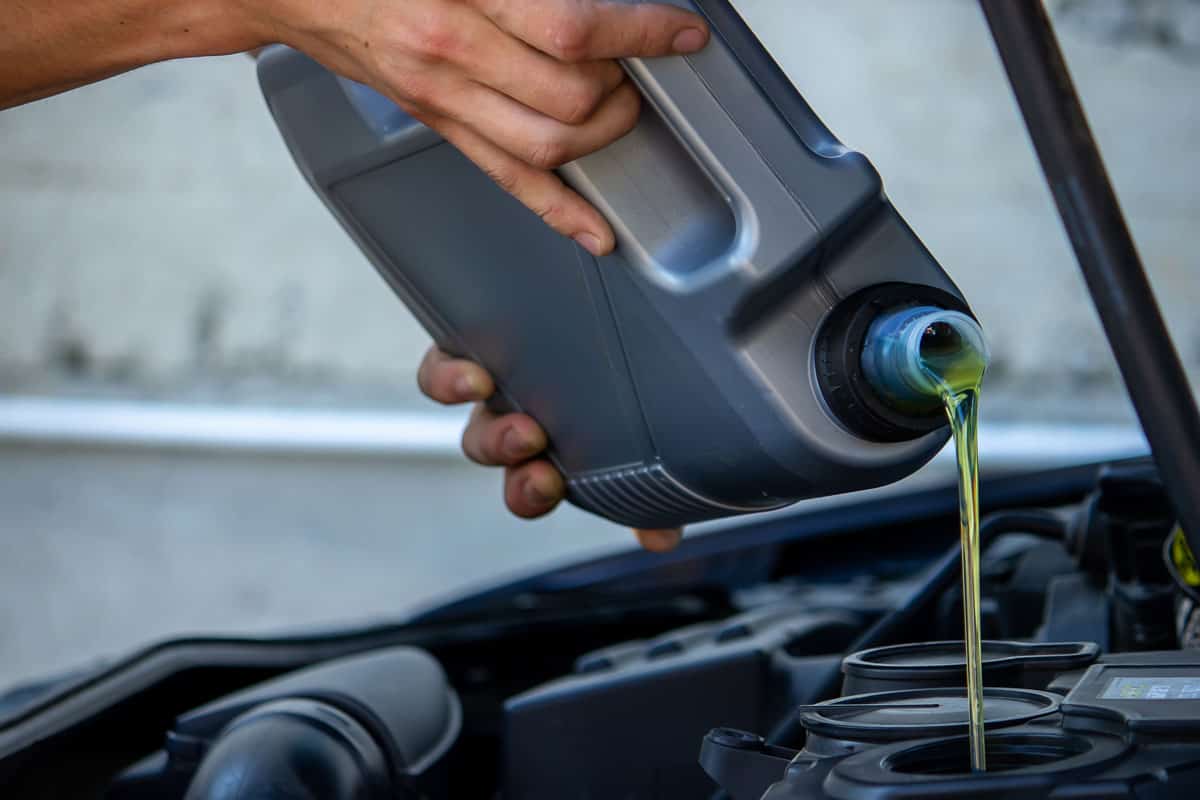
See below for some common causes why you might encounter problems after an oil change.
What Can Go Wrong After an Oil Change?
Many people believe that an oil change is a simple and straightforward process, but there are actually several things that can go wrong.
1. Wrong Type of Oil
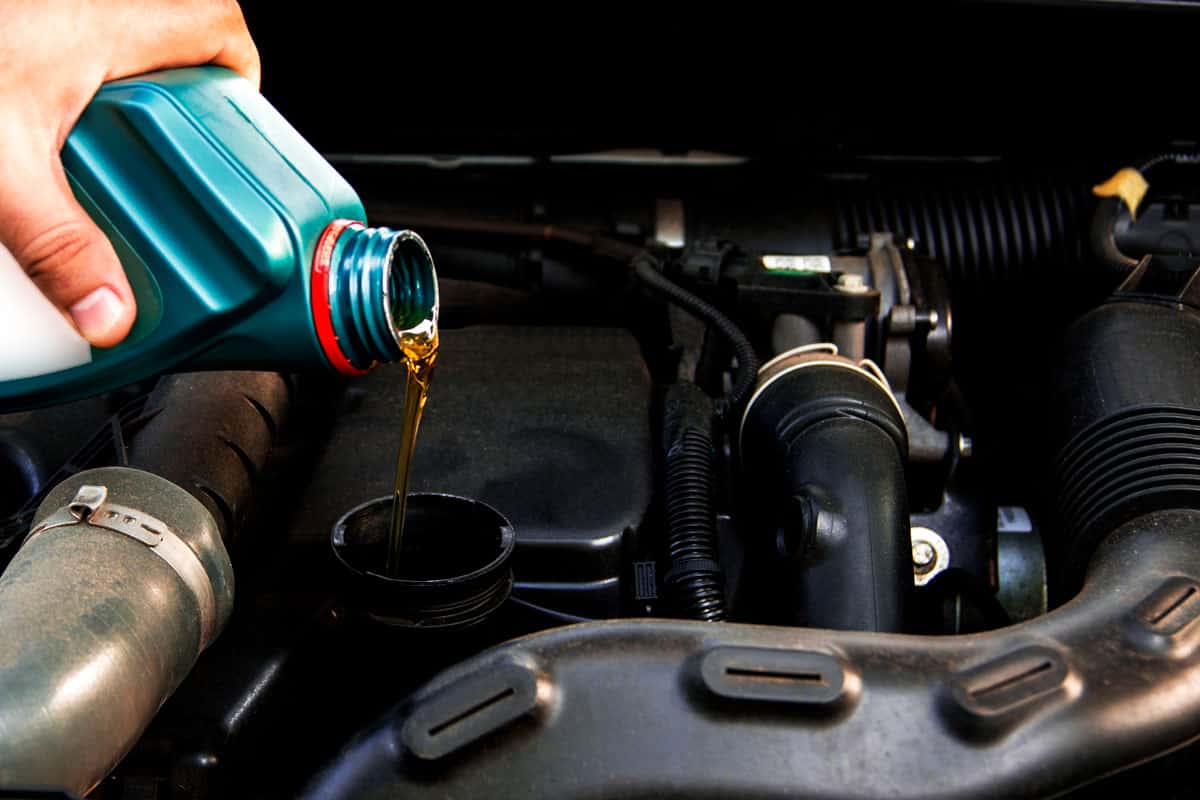
One of the most common mistakes made during an oil change is using the wrong type of oil. Many people assume that all oils are the same, but this is not the case.
Using the wrong oil can cause a number of problems, including decreased engine efficiency and increased wear and tear. In some cases, it can even lead to engine failure.
To avoid these problems, be sure to consult your owner’s manual before changing your oil. Before you head to the nearest quick-change oil place, be sure to do your research and find out exactly what type of oil your car needs.
2. Oil Viscosity
Viscosity is a measure of an oil's resistance to flow, and it's important because it helps to keep the engine lubricated. If the wrong oil is used, it can be too thick or too thin, which can cause engine damage.
Additionally, using the wrong oil can also lead to leaks and reduced fuel economy. As a result, it's important to make sure that you use the right oil for your car.
3. Wrong Installation of Oil Filter
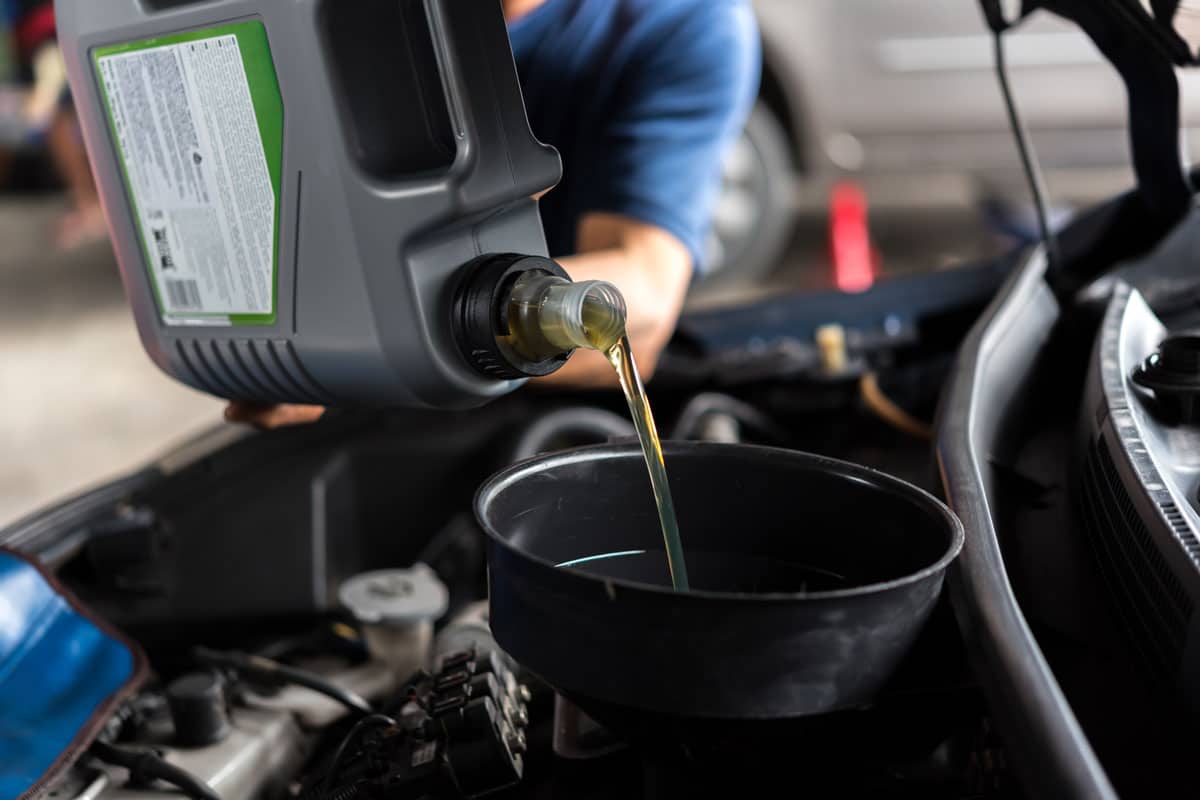
The purpose of the oil filter is to remove impurities from the oil, and if it is not replaced regularly, it can become clogged and ineffective.
If the oil filter is not properly installed, it can cause the engine to run lean, resulting in increased fuel consumption and reduced performance. For example, the engine may overheat, as the oil will not be able to circulate properly. In addition, the engine may suffer from a loss of power, as the oil will not be able to lubricate the moving parts properly.
After an oil change, the oil filter must be properly installed in order for the engine to function correctly. It is important to make sure that the filter is installed correctly.
4. Overfilling and Underfilling of Oil
In addition, if too much oil is added to the engine, it can cause the oil level sensor to malfunction, leading to inaccurate readings and potential engine damage. If the oil level gets too low, it can cause engine damage.
If you overfill the oil, it can leak out through the seal of the oil filter or drain plug. It can also splash out of the fill port when the engine is running, making a mess under the hood.
In severe cases, overfilling can cause the engine to "hydrolock," which means that too much oil has entered into the cylinders and compression is prevented. This can lead to engine damage.
If you underfill the oil, the oil may not reach all of the critical engine parts that need lubrication. This can lead to premature wear and tear, and in extreme cases, engine failure. Underfilling can also cause overheating, as there won't be enough oil to dissipate heat properly.
5. Improper Seals and Break-in
If the seals are not properly tightened, oil can leak from the engine, and this can lead to a loss of power and efficiency. Finally, another problem that can occur after an oil change is an improper break-in. If the engine is not properly broken in, it can lead to premature wear and tear.
Of course, these are just some of the potential problems that can occur after an oil change. To avoid any issues, it's always best to consult your car's owner manual or a qualified mechanic before changing your car's oil yourself.
6. Oil Build Up
After you've changed your car's oil, it's important to keep an eye out for any potential problems. One issue that can occur is oil build-up. Old, dirty oil can also cause sludge to build up on the engine, which can lead to corrosion and other damage.
This happens when old oil isn't properly disposed of and starts to accumulate in the engine. Oil build-up can cause a number of problems, including reduced fuel economy, increased emissions, and engine damage.
If you notice any of these issues, it's important to take your car to a mechanic and have the oil changed again. In some cases, the build-up can be so severe that the engine needs to be replaced.
So, while an oil change is a necessary part of car maintenance, it's important to be aware of the potential risks involved.
What Are the Clues of an Incorrect Oil Change?
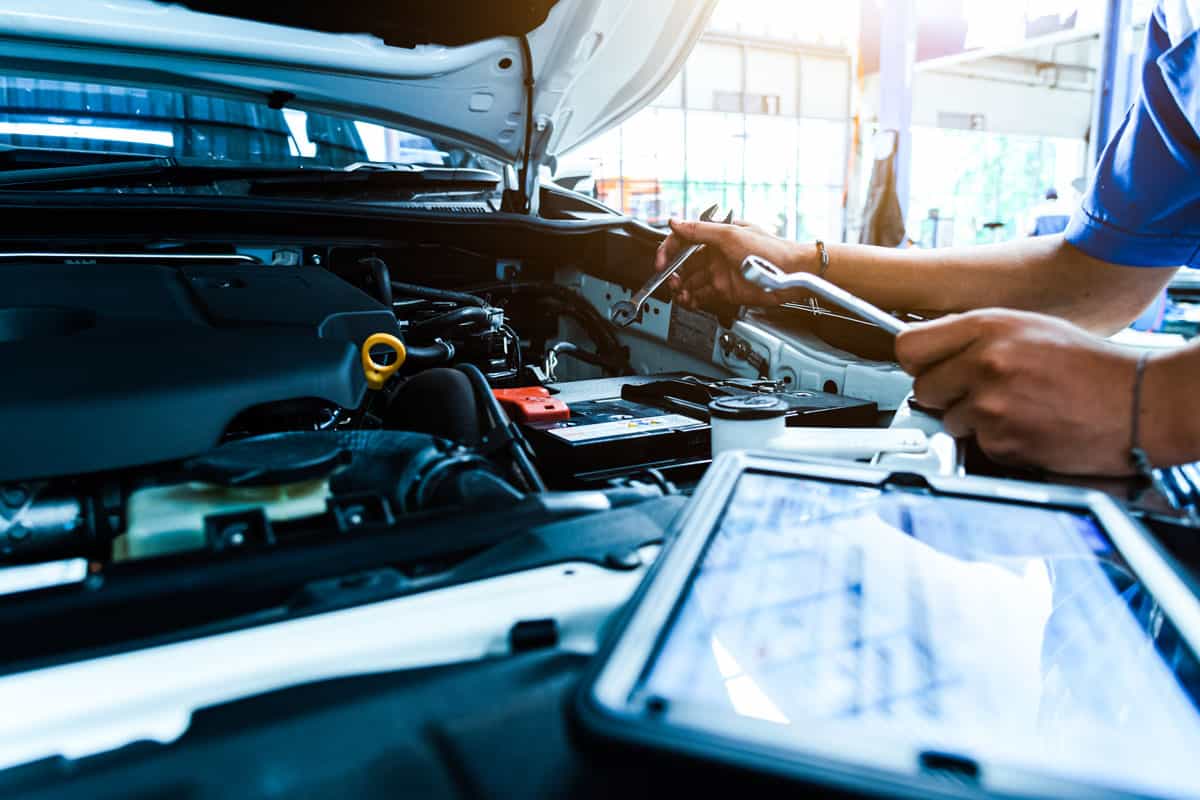
Many car owners are unsure of how to change their own oil and choose to take their car to a mechanic instead. However, even mechanics can make mistakes, and if your car's oil change is done incorrectly, it can have serious consequences.
One clue that your oil change may have been done improperly is if your check engine light comes on shortly after the service. This could be a sign that there is not enough oil in the engine, or that the wrong type of oil was used.
Another clue is if your car starts making strange noises, such as knocking or tapping. This could indicate that the oil filter was not properly installed, allowing debris and impurities to enter the engine.
If you notice any of these clues after an oil change, be sure to take your car back to the mechanic for a check-up. Otherwise, you could be doing serious damage to your engine.
How Often Should You Get the Oil Changed?
Most carmakers recommend an oil change every 3,000 miles or 6 months, whichever comes first. However, this is just a general guideline.
Depending on your driving habits and the type of oil you use, you may need to change your oil sooner or wait a bit longer. For example, if you frequently drive in stop-and-go traffic or in extreme temperatures, you may need to change your oil more often.
On the other hand, if you use synthetic oil or drive mostly on highways, you can probably go longer between changes.
Ultimately, it's best to consult your owner's manual or ask a qualified mechanic for advice on how often to change your car's oil. By following the manufacturer's recommendations, you can help ensure that your car runs smoothly and reliably for many miles to come.
Why Is Keeping Track of Mileage Important?
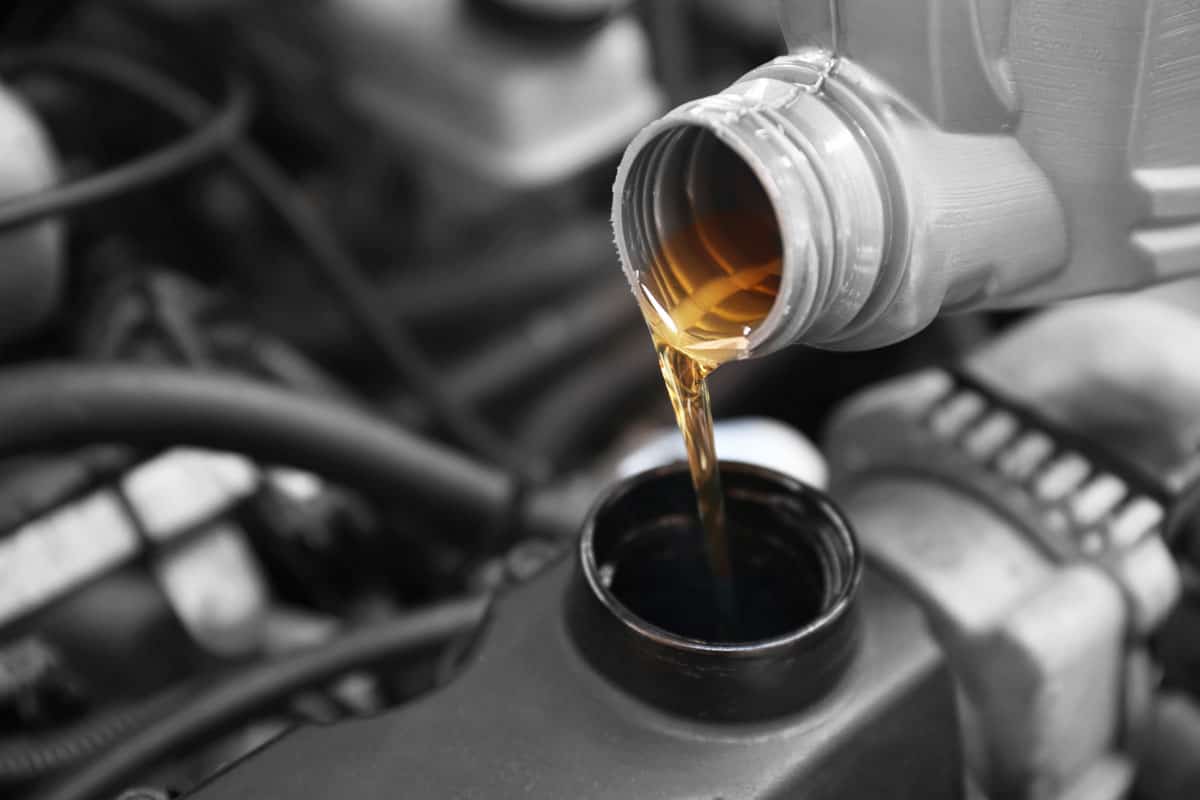
If you don't keep track of your car's mileage, you run the risk of missing an oil change and causing long-term damage to your engine.
Over time, oil breaks down and becomes less effective at lubricating and cooling the engine. This can lead to increased wear and tear on engine components, as well as decreased fuel efficiency.
In extreme cases, it can even cause engine failure. So if you want to avoid expensive repairs down the road, be sure to keep track of your car's mileage and schedule regular oil changes.
Is It Worth It to Take Your Car to a Mechanic?
When it comes to car maintenance, there are some tasks that are best left to professionals. This is especially true for something as essential as an oil change. While it is possible to do it yourself, it is not always worth the time and effort.
First of all, you need to make sure that you have the right tools and supplies. Then you need to be careful not to overfill or underfill the oil. Finally, you need to dispose of the used oil properly. If you make even a small mistake, it could damage your engine.
While it may be tempting to save a few dollars by doing it yourself, it is usually better to play it safe and take your car to a mechanic.
Final Words
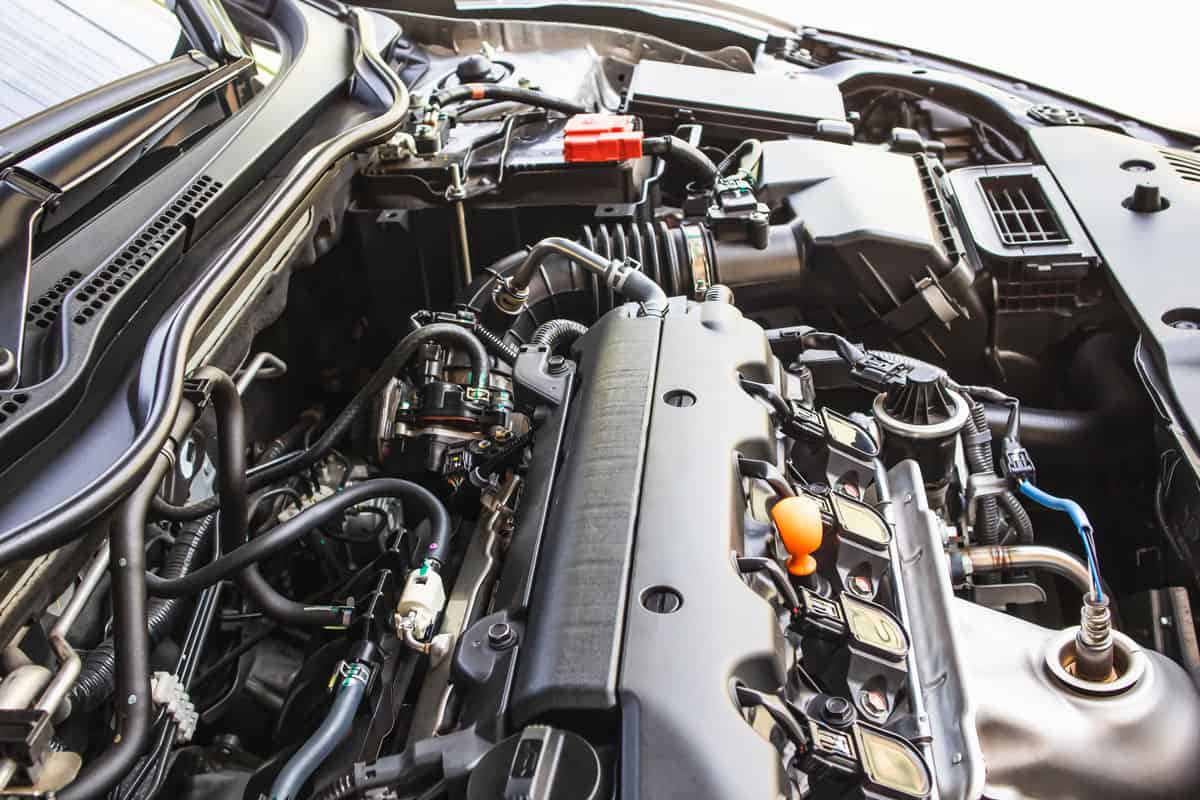
Your car may feel worse after an oil change for a number of reasons. It's possible that the technician didn't tighten the lug nuts properly, or that there's still air in the brake lines. If it's been more than a week and you're still experiencing these problems, take your car back to the mechanic for further inspection.
For further tips on how to properly maintain your car, see our posts below:
Car Sounds Louder Than Usual – What To Do?
Steering Wheel Hard To Turn Right But Not Left – What Could Be Wrong?
